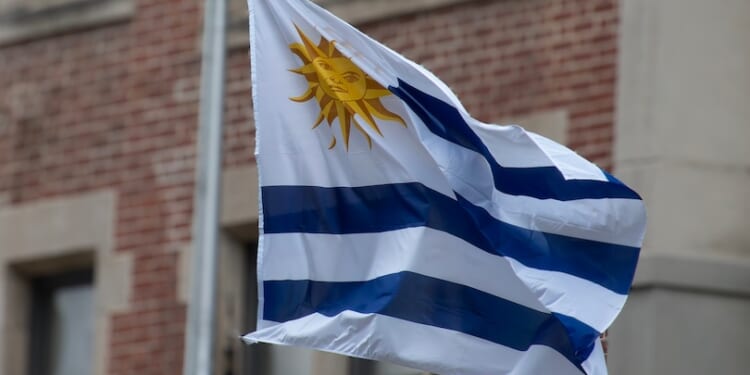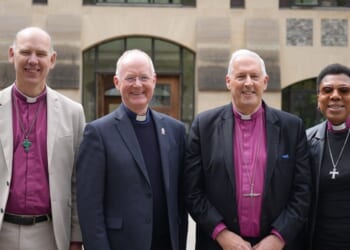MONTEVIDEO, Uruguay (LifeSiteNews) — Uruguay has become the first Latin American country to pass a law decriminalizing euthanasia for those with an “incurable illness” that causes “unbearable suffering,” even if they are not deemed terminally ill.
Twenty out of 31 senators voted in favor of the law on Wednesday, effectively passing the law after Uruguay’s lower house of parliament voted for it with 64 out of 99 representatives in favor.
The law now places the heavily secular country among about a dozen countries in the world that legalize active euthanasia. In Latin America, Colombia and Ecuador have decriminalized the lethal practice through Supreme Court decisions.
“Public opinion is asking us to take this on,” Sen. Patricia Kramer of Uruguay’s governing leftist faction told legislators. Senators from her ruling party, Broad Front, compared the push for euthanasia to the legalization of divorce and so-called homosexual “marriage,” according to the Associated Press.
The Catholic Church led the bulk of opposition to the law, with the archbishop of Montevideo, Uruguay’s capitol, calling upon Uruguayans before the Senate vote “to defend the gift of life and to remember that every person deserves to be cared for, accompanied and supported until the end.”
The law permits euthanasia committed by a healthcare professional, as opposed to a self-administered lethal injection, as is allowed in Australia, New Zealand, and certain U.S. states.
It notably does not require a waiting period before death is induced and does not require those who seek death by euthanasia to be “terminally ill,” as mandated by the euthanasia laws of several other countries.
Two doctors must judge that the person seeking euthanasia is “psychologically fit enough to make the decision,” AP said.
Uruguay’s status as the first country in Latin America to legislate in favor of euthanasia reflects its overwhelmingly secular makeup. Over half of its population identify as “nones” — that is, atheist, agnostic, or religiously unaffiliated.
It is considered the most secular country in the Americas and notably banned any mention of God in oaths of office in the early 20th century. In 1909, all religious instruction was banned from state schools. Religious symbols including crucifixes were removed at the time from public hospitals, and Christian holidays were rebranded in a secular manner: Christmas is known as “Family Day,” and Holy Week is known as “Tourism Week” in the country.
Uruguay was the first country in the world to legalize marijuana for recreational use in 2013 and legalized homosexual “marriage” and abortion around the same time.
The Episcopal Conference of Uruguay (CEU) has published a statement declaring that, in accordance with Catholic teaching, “killing a patient is unethical, even to spare them pain and suffering, even if they expressly request it.”
In the 1995 encyclical Evangelium Vitae, Pope St. John Paul II confirmed the Church’s constant and universal teaching on the sanctity of human life, declaring, “The deliberate decision to deprive an innocent human being of his life is always morally evil and can never be licit either as an end in itself or as a means to a good end. It is in fact a grave act of disobedience to the moral law, and indeed to God himself, the author and guarantor of that law; it contradicts the fundamental virtues of justice and charity.”
Suffering is far from meaningless and useless according to the Catholic faith. It has a sanctifying power when borne out of love for God and can be united to the sufferings of Christ, whose final hours were spent hanging on the Cross for love for us.

















